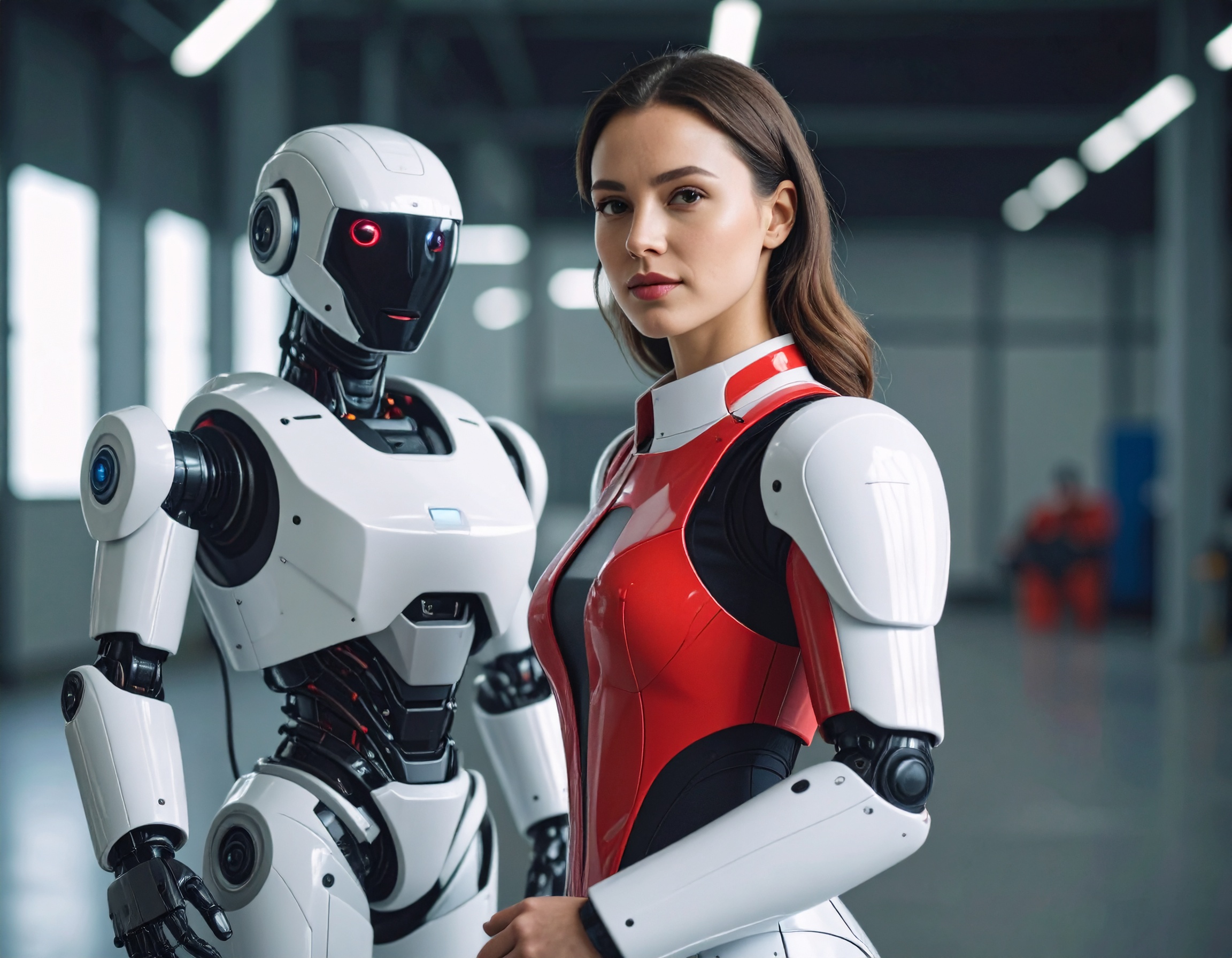Minds and Machines Unite: Embracing the Era of Digital Co-Workers

In a groundbreaking development the integration of Intelligent Agents into the workforce has marked a significant shift in the landscape of employment. This futuristic technology, often referred to as Digital Employees, is making waves for its potential to revolutionize traditional work structures. The event, which unfolded recently, has far-reaching implications for industries worldwide.
In a nutshell, companies are increasingly adopting Intelligent Agents to handle various tasks traditionally performed by humans. These non-human workers, equipped with advanced algorithms and artificial intelligence, exhibit remarkable capabilities that extend beyond mundane processes. From customer service interactions to data analysis, these Digital Employees are proving their efficiency and reliability. The shift towards this technology is primarily driven by the pursuit of increased productivity, cost-effectiveness, and the ability to handle repetitive tasks with precision.
While the integration of Intelligent Agents raises concerns about potential job displacement, proponents argue that it allows human workers to focus on tasks that require emotional intelligence, creativity, and critical thinking—qualities that machines lack. As industries navigate this paradigm shift, the move towards a hybrid workforce of humans and Digital Employees is becoming increasingly inevitable.
In conclusion, the rise of Intelligent Agents as Digital Employees is reshaping the future of work. This recent development serves as a wake-up call for industries to adapt to the changing dynamics of the workforce. The implications, both positive and concerning, prompt a crucial conversation about the ethical, social, and economic dimensions of this technological leap.
Key Highlights:
- Digital Co-Workers Arrive: The integration of Intelligent Agents, also known as Digital Co-Workers, into various industries is ushering in a new era of collaboration between human employees and advanced machines.
- Efficiency Redefined: With unparalleled speed and precision, Digital Co-Workers excel in tasks ranging from customer service to data analysis, redefining the benchmarks for operational efficiency.
- Cost-Effective Automation: Companies are experiencing substantial cost savings by replacing human workers with Digital Co-Workers, especially for routine and repetitive functions, leading to a paradigm shift in labor dynamics.
- 24/7 Productivity: Unlike their human counterparts, Digital Co-Workers operate around the clock, ensuring continuous service and support, addressing the perennial challenge of workforce availability.
- Job Evolution, Not Job Loss: Proponents argue that the rise of Digital Co-Workers allows human employees to focus on tasks requiring emotional intelligence, creativity, and critical thinking, marking an evolution in job roles rather than outright job loss.
- Ethical and Economic Implications: The transformative impact of this collaboration prompts a critical examination of ethical, social, and economic dimensions, as industries grapple with the ethical responsibility of adapting to this technological leap.
- The Future of Work: The emergence of Digital Co-Workers underscores the need for industries to adapt to a hybrid workforce, fostering a future where humans and machines collaboratively contribute to a more efficient and innovative working environment.
Reference:


